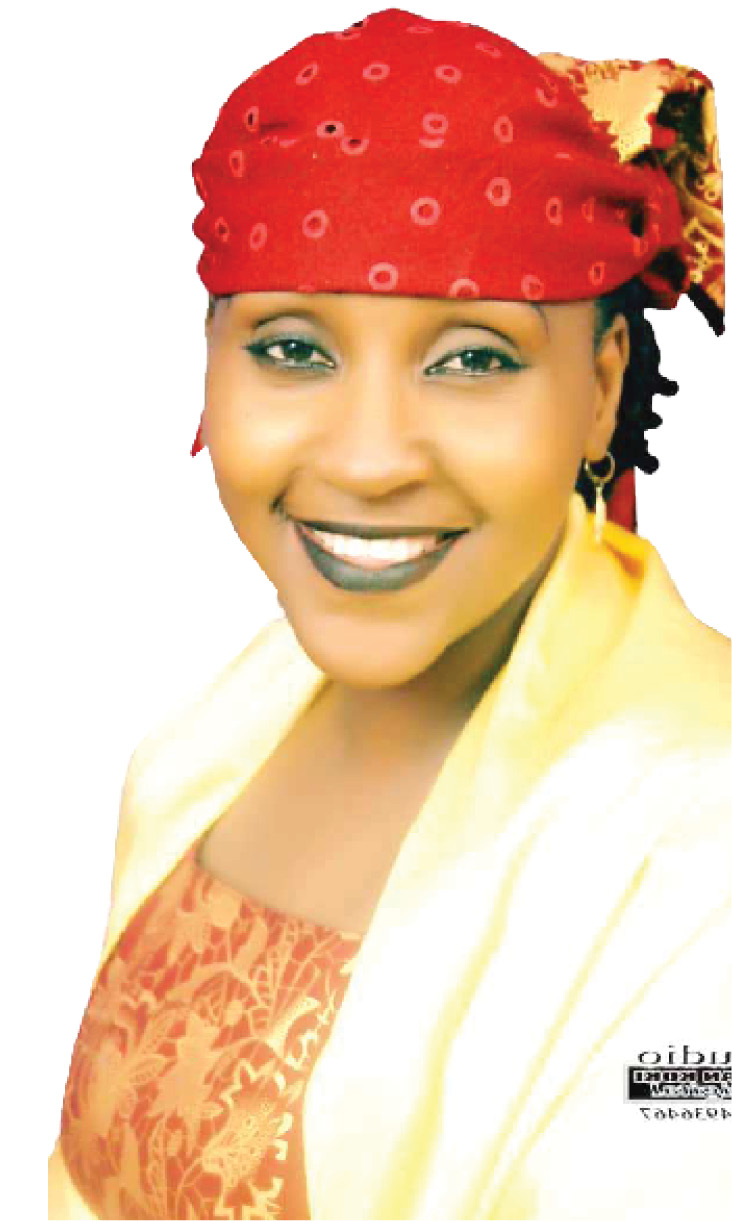‘I wanted to join the army’ – Kyauta Dillaliya
Weekend Magazine: How do you fans react to your about your villain roles? Kyauta Dillaliya: Everywhere I go, people refer to me as Kyauta. My real name has become obsolete because of my role in ‘Dadin Kowa Sabon Salo.’ My roles have always been a subject of discussion between my fans and I. It always […]

Weekend Magazine: How do you fans react to your about your villain roles?
Kyauta Dillaliya: Everywhere I go, people refer to me as Kyauta. My real name has become obsolete because of my role in ‘Dadin Kowa Sabon Salo.’ My roles have always been a subject of discussion between my fans and I. It always amuses them the way I act those roles.
I make friends on a daily bases, who see me as that lady who says, acts and displays it all without reservation. I enjoy a lot of favours from many people whom I have never met before, they always introduce themselves as my fans.
WM: How did you start acting those roles?
Dillaliya: While growing up, I had wanted to be in the army as well as to become a nurse. I am that kind of a person who likes the hero thing. But when I began to act I found out that there are roles that many artistes have stereotyped as being very hard to play, one of which is the villain role.
I was given a couple of roles which I played and it was discovered that, I played valiant role more effective than other role, that was how I began my sojourn as a villain actress in the industry.
WM: How did growing up influence what you do as an actress?
Dillaliya: I was so obsessed with acting from childhood. I can vividly remember the moments when I used to act alone in my room presuming other acts that I have watched. There were moments, that I would put up an act before my sisters and they would grade me with complements on the role I displayed. In a nutshell, my growing up has indeed prepared me for the movie industry and that is why after my failed marriage, I didn’t find it difficult to get through to the industry.
WM: As an actress what would you say inspired you into marriage counselling?
Dillaliya: Things happening today in our society inspired me to counselling intending couple. As an adult I must have seen a lot of things happening here and there as they relate to marital life among the Hausa/Fulani. It is not an exaggeration to state that immature breakdown of familial ties among Hausa/Fulani today is almost a tradition. Everyday you have new cases of divorce among young couples. you see a young lady would marry after two three weeks the marriage collapses and in some cases you see a man after like 20 years of marriage with about nine or ten children he would wake up one day and say to the woman I divorce you, go to your parents’ house, thus putting the lives of these children in danger. As a result, this I was inspired into marriage counselling to disabuse the minds of these intending couples from the misconceptions held by the society.
WM: What are these misconceptions and how potent are they?
Dillaliya: I grew up to hear a preconceived notion among women that a man is a scorpion, an unreliable being therefore, any woman who gives her love whole heartedly to a man would die an orphan. Men on the other hand have their own preconceived mind-sets about women, that every woman is a cheat and betrayer. These misconceptions have made the male folk look down on their women and vice versa, thereby impacting negatively on marital life in typical Hausa society. So I think if these mindsets are allowed to guide the married lives of these young couples, there would be problems in the end and their marriages would not last long. These, I must say informed my decision to venture into marriage counselling.
WM: Films are other means of educating people about some of these social issues is that not enough to address the marital issues?
Dillaliya: I agree with you that through films people are enlightened about the dos and don’ts of marriage, but it does not offer direct contact with intending couple as it is the case in counselling. In films your amount of message is subject to the storyline and everything is cast on imaginative thinking while counselling is directly aimed at addressing specific issues.
